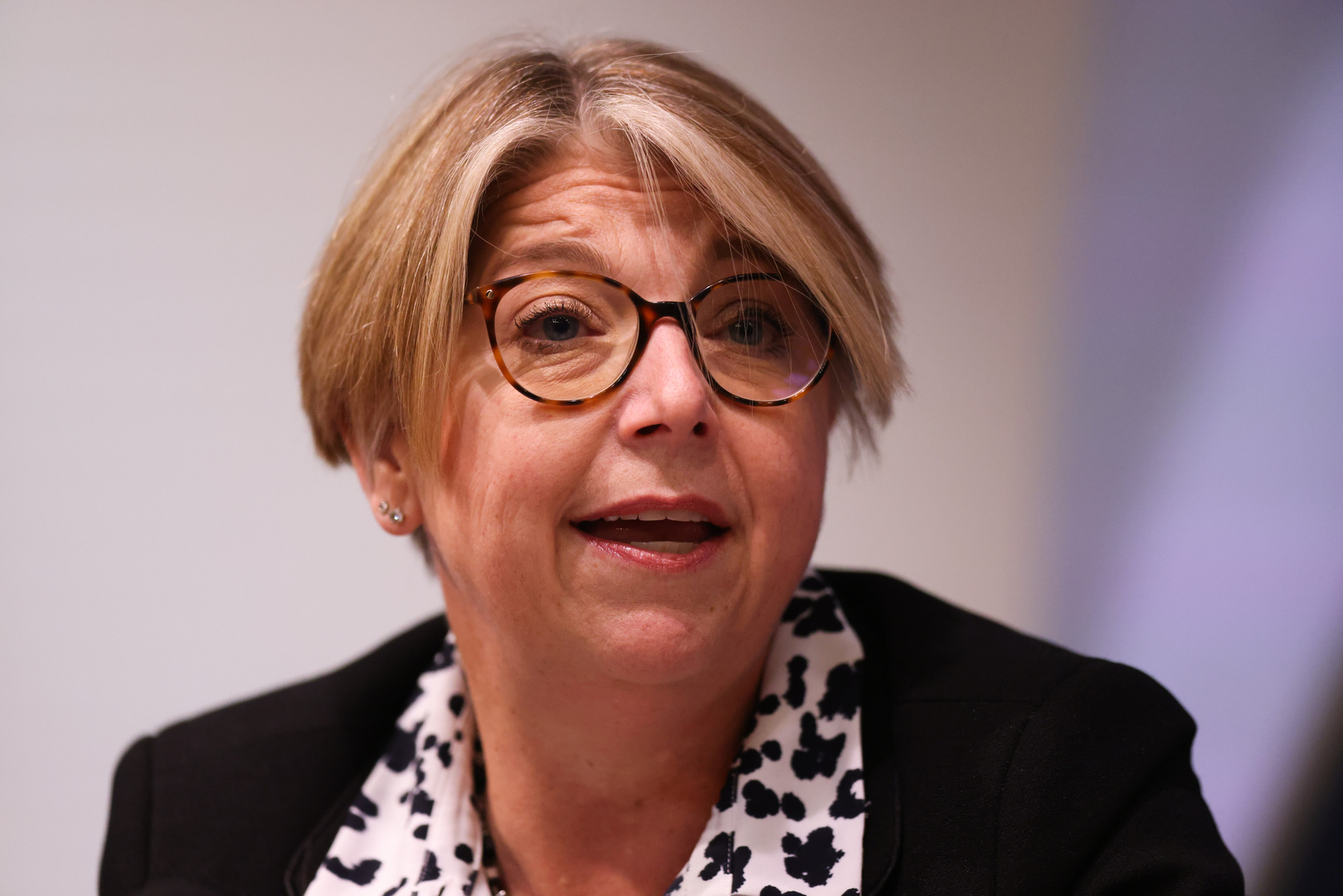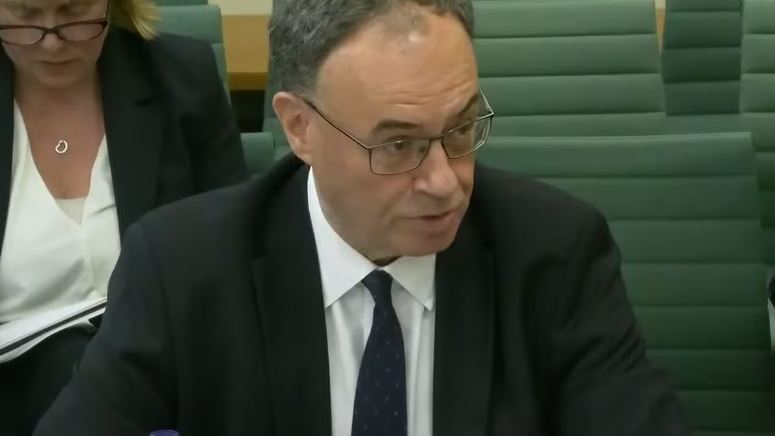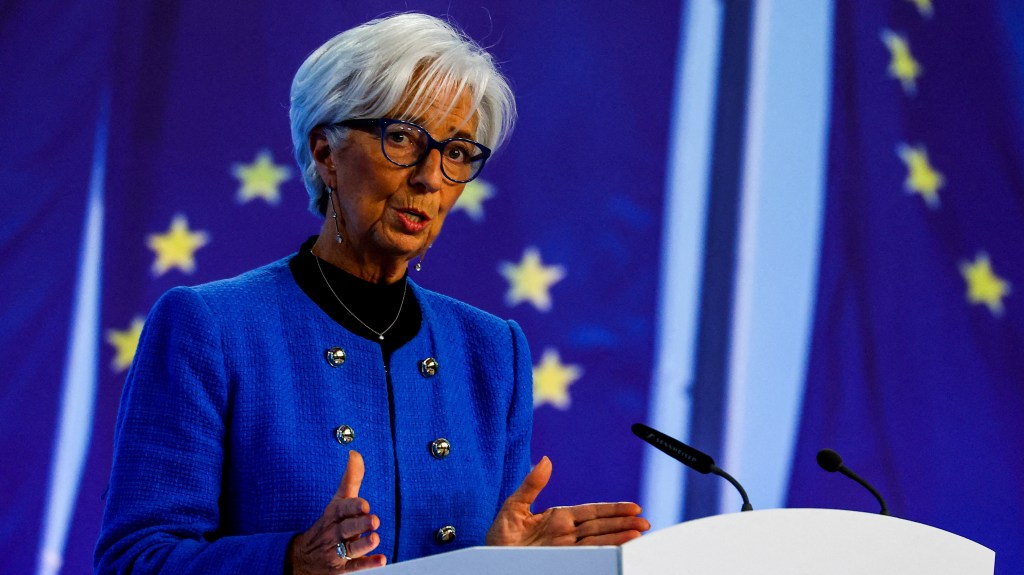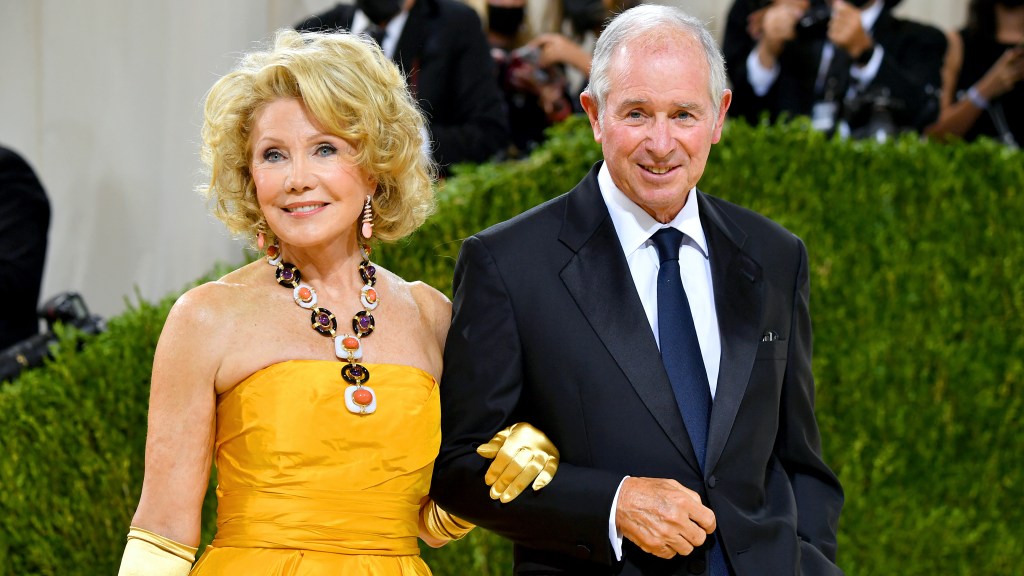Andrew Bailey Warns of Increased Uncertainty Surrounding Interest Rates
Andrew Bailey has navigated numerous crises during his tenure as governor of the Bank of England over the past five years, including a global pandemic, regional conflicts, and a brief UK fiscal upheaval following Liz Truss’s mini-budget. However, he now faces one of his most formidable challenges yet: the disruption of global trade patterns initiated by former President Trump.
In a two-hour hearing with members of the Treasury select committee from Labour, Conservative, and Liberal Democrat parties, Bailey, alongside fellow rate-setters Sarah Breeden, Swati Dhingra, and Catherine Mann, openly discussed the difficulties of formulating interest rate policies in one of the most unpredictable economic climates in a century.
Bailey indicated to MPs that the rules-based system governing international trade, established after World War II, has been severely undermined by Trump’s trade policies, specifically his tariffs.
He emphasized the importance of acknowledging the legitimate grievances that prompted Trump’s tariffs, rather than dismissing them as mere misjudgment by the US administration.
Reflecting on the pre-tariff environment, Bailey stated that there were visible signs of tension within the established trade framework.
The governor cautioned nations against escalating into a global trade war and highlighted the need to rebuild multilateral trade agreements. He warned that abandoning the established system could have dire consequences for the global economy, stating that while there are indeed flaws within the system, discarding it would lead to even greater challenges.
Recently, Trump has intensified his rhetoric regarding international trade, claiming on his Truth Social platform that China breached a 90-day tariff truce and vowing to adopt a tougher stance.
He has also announced plans to increase tariffs on imported steel from 25% to 50%, affecting the UK less favorably after a deal which resulted in a 10% tariff.
In response, China accused the US of violating the tariff agreement, indicating potential renewed tensions between the two leading economies.
According to Bailey, both the US and China significantly influence the current trade situation.
Uncertainty Regarding Rate Reductions
During the session, committee members attempted to extract predictions from Bailey regarding the timing of upcoming interest rate cuts but were met with caution.
He refrained from forecasting the results of the June 19 meeting after inflation surged to 3.5% in April—the highest figure since January 2024—up from 2.6% in March.
Despite inflation concerns, Bailey affirmed that the trend for interest rates is downward. The governor, along with four other members of the monetary policy committee, voted in May to reduce borrowing costs by 0.25 percentage points to 4.25%. This marks the fourth reduction since rates peaked at 5.25% last August.
While the Bank of England aims to maintain medium-term inflation at 2%, it expects inflation to remain around 3% for the next year.
The governor attributed the challenges in determining the timing and scale of rate cuts to the erratic tariff policies introduced by Trump, which have led to significant economic uncertainty.
Bailey remarked, “How far and how quickly the Bank of England lowers rates has become considerably more uncertain,” highlighting the need for moderation in wage growth to facilitate additional rate cuts in the near future.
He shared his expectation for pay decreases this year, emphasizing that restraint in wage increases is vital for policy decisions moving forward.
Bailey noted that a cautious approach will remain a guiding principle, as reflected in the Bank of England’s recent communications.
Disagreements Within the Monetary Policy Committee
Joined by fellow MPC members Breeden, Dhingra, and Mann during the Treasury select committee session, Bailey faced various opinions regarding monetary policy changes.
Breeden, who supported the 0.25 percentage point cut, mentioned she would have endorsed a reduction in May even if not for Trump’s inconsistent tariffs and financial market turbulence, while Bailey felt uncertain about his decision leading up to the meeting.

Dhingra argued that the Bank of England has maintained overly tight policies for too long, expressing confidence that the anticipated disinflation would materialize.
A trade specialist and professor at the London School of Economics, Dhingra has often voted against the majority for more significant rate cuts, advocating for a reduction to 4% in May.
Mann, a former chief economist at the OECD, expressed skepticism regarding the assumption that Trump’s tariffs would reroute goods from Asia to the UK, potentially affecting domestic inflation.
She pointed out that the disinflationary effects might be less pronounced than commonly believed, while Bailey concurred that the tariffs’ influence on pricing remains unclear.
The MPC exhibited pronounced divisions last month, with votes split between a quarter-point cut, a half-point cut, and a decision to keep rates unchanged.
Trade Agreements Viewed Positively
While the UK’s major economic bodies have sought to remain politically neutral regarding Brexit, their assessments of its economic impact provide support for those advocating for remaining in the EU.
Bailey reiterated his stance that Brexit would negatively affect the economy, stating, “Short-term, a less open economy will have adverse effects,” though he noted that long-term adjustments could lead to new trade agreements with other regions.
He highlighted recent trade agreements with India and the US, alongside easing tensions with Brussels, as signs of this economic transition, though he cautioned that the impact of such agreements typically unfolds over a more extended period.




Post Comment